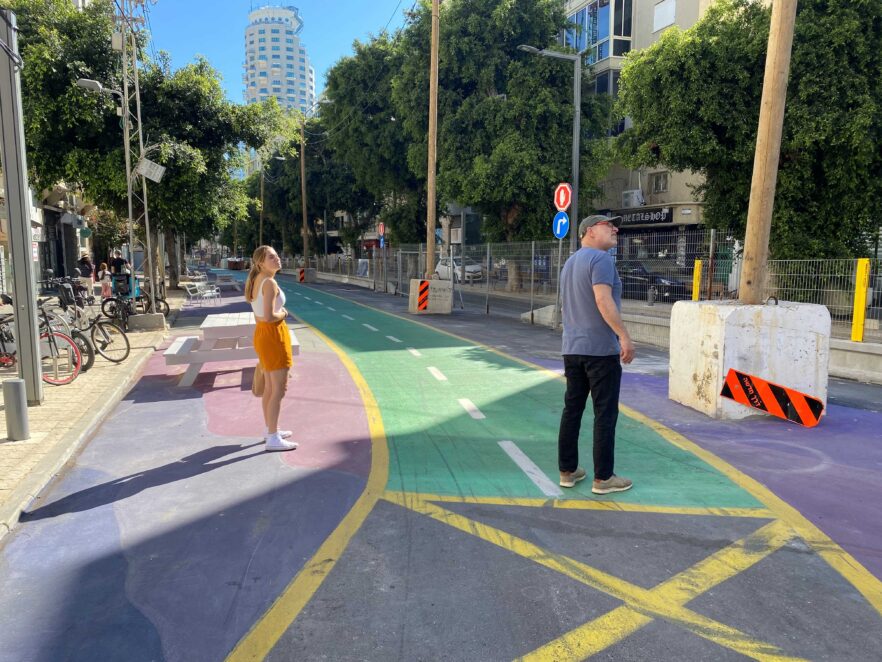The course provides methods and skills for mapping, analyzing and evaluating the urban environment prior to planning intervention. The aim of the course is to impart practical tools of reading and analyzing the city according to criteria of care, functional indicators and user behavior. With the help of research questions based on data, user behavior and possible scenarios, we will learn to map, analyze and present multidisciplinary information – qualitative and quantitative – as a basis for examining physical, social and behavioral aspects of the city, based on values of care, equality, diversity and sustainability.
The exercises in the course will map and examine an urban spatial challenge – “hybrid work – the future of work in the city” – from a perspective of care, spatial justice and user needs. The course will map changes in work in the city as an expression of accelerated processes that affect a variety of phenomena and behaviors in the city: digitalization and globalization, the covid-19 crisis, the development of working from home, the increase in the cost of living in the city, demographic changes, lifestyle changes and economic changes related to the world of work. As part of the final project, we will ask what the city offers its employees and suggest what the future of the world of work and leisure in the city will look like.
